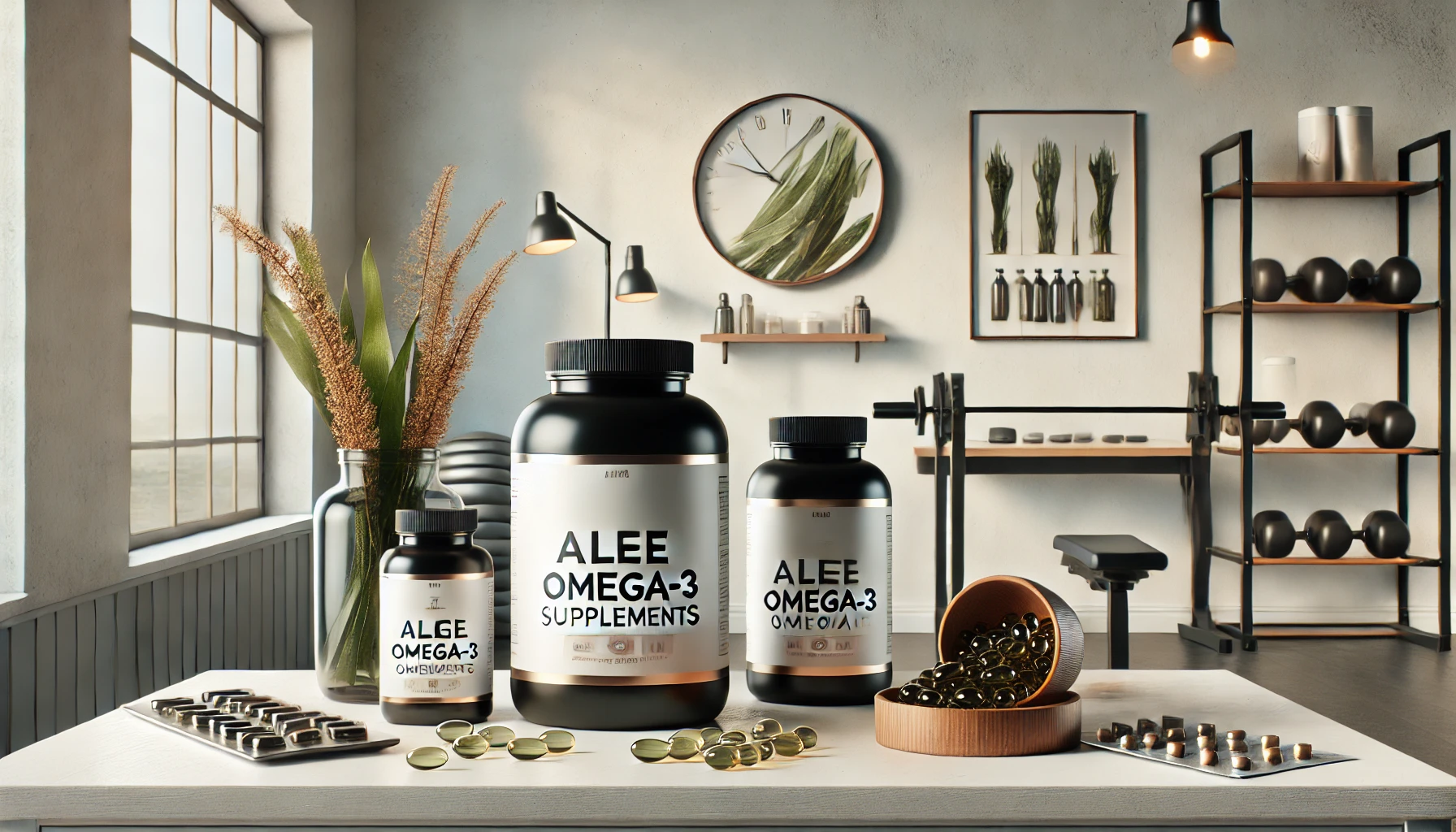
Building a supplement brand from scratch can feel like walking into a lab with no map and hoping for magic. That’s where private labeling becomes a game-changer. It takes the complexity out of manufacturing and replaces it with speed, flexibility, and access to proven formulas.
But let’s not sugarcoat it – private labeling isn’t just sticking a logo on a jar and waiting for orders to roll in. Done right, it’s a streamlined business model. Done wrong, it can become an expensive warehouse full of unsold stock.
The Brand Is Just the Beginning
There’s a misconception that the product is the brand. In reality, the product is a starting point. A supplement can be vegan, organic, or sugar-free – but none of that matters if it doesn’t connect with the people it’s meant to serve.
That’s why the best private label businesses treat branding as a core strategy, not an afterthought. Everything from the font on the label to the tone of the website needs to speak to a specific person – not a vague “health-conscious consumer.” Think stressed-out professionals looking for sleep support, or new moms looking for postnatal recovery formulas.
A manufacturer can deliver a shelf-ready product. But it’s the brand that delivers the emotional hook.
Choosing the Right Manufacturer Is Everything
Private label success starts with picking a manufacturer that actually understands supplements – not just as products, but as regulated, sensitive, and often complex combinations of ingredients. It’s not just about GMP certifications or shiny brochures. It’s about whether they respond to questions like humans, if they help clarify compliance steps, and how well they support you after the first invoice is paid.
Questions to ask early include: Do they have ready-to-go formulas? Can those be tweaked? What are the minimum order quantities? And perhaps most importantly, how often do they reject clients who try to push sketchy claims or cut corners? Because that tells you a lot.
Good manufacturers protect your reputation before you’ve even built one.
Customization Without Chaos
One of the perks of private labeling is speed – you can launch in weeks, not months. But there’s always the temptation to tweak every detail before going live. And sometimes, that backfires.
Yes, packaging should match your audience. Yes, formulas can be adjusted. But if every bottle becomes a special case, production slows, costs climb, and launch dates vanish into the distance.
Start simple. Choose a best-selling formula. Build trust with your audience. Once you know what resonates, refine. Real feedback beats hypothetical perfection.
Regulatory Blind Spots Can Kill Momentum
It’s easy to think regulations are only an issue for pharmaceutical companies. Not true. Supplements live in a grey zone – part food, part health product – and the rules shift constantly depending on where you’re selling.
Label claims, ingredient legality, novel food status, allergens – miss any of these and your brand could be banned from major retailers, flagged on social media, or worse, pulled from the market entirely.
This is where a good private label partner proves invaluable. They should help you navigate this maze, not leave you to Google your way through it.
Logistics That Don’t Eat Your Margins
Shipping delays, damaged packaging, customs blocks – all of these happen more often than anyone admits. If your manufacturer isn’t involved in fulfillment or can’t give accurate lead times, you’ll spend more time firefighting than scaling.
That’s why logistics is part of brand strategy. It’s not sexy, but it’s critical. Packaging should be durable enough for Amazon warehouses, and formulas should be stable during transit. That’s the difference between five-star reviews and refund requests.
Building Trust Beats Any Formula
In the end, supplements are about trust. Customers aren’t just buying vitamins – they’re buying hope, relief, prevention. If the bottle arrives late, the label looks cheap, or the promised results don’t match reality, trust evaporates.
Private label lets you focus on what really matters: listening to your audience, telling the truth in your marketing, and improving based on real data.
The fastest-growing supplement brands aren’t always the ones with the most ingredients or loudest influencers. They’re the ones who treat their customers like people, not conversion rates.
Starting with private label doesn’t mean cutting corners. It means cutting distractions – and getting to the heart of what makes a wellness brand worth believing in.







